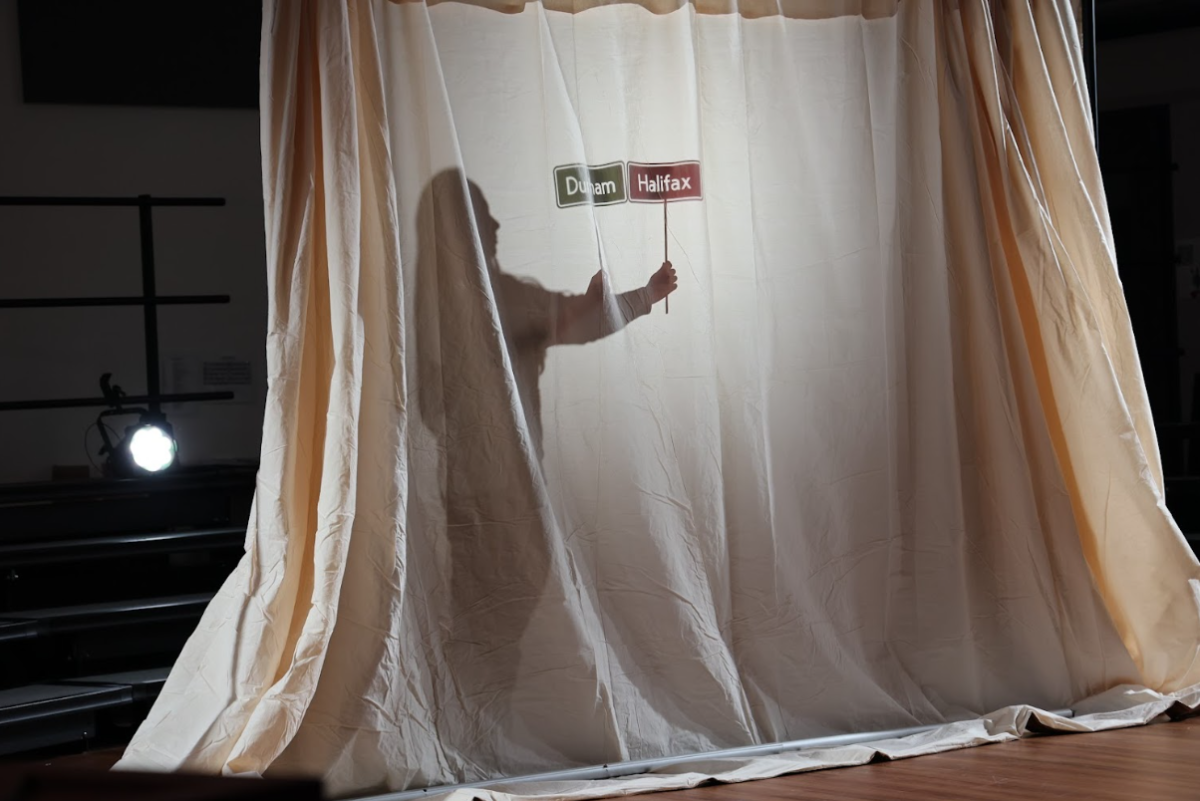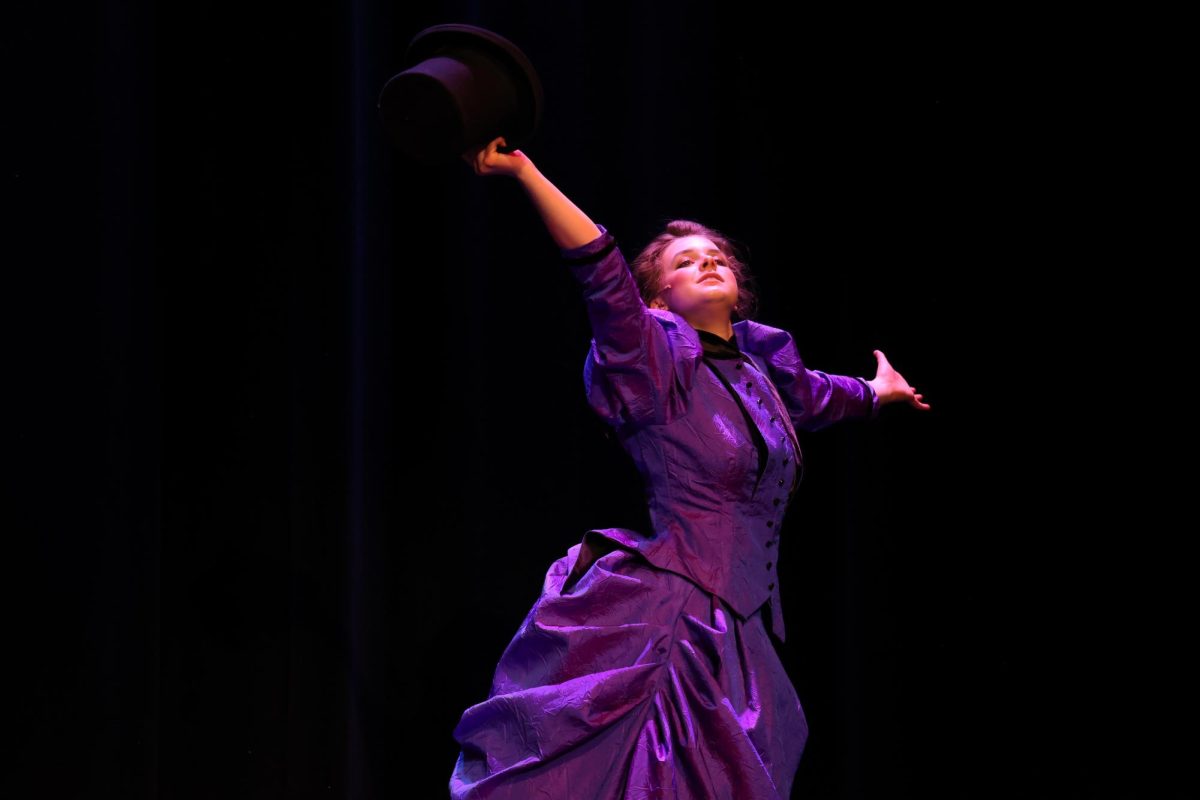Spring Show, “Twelve Angry Jurors” Tackles Tough Topics
April 25, 2023
Our country has battled many different issues within its 245 years of independence, creating the strong nation we now know today. Though it prides itself on the basis of freedom, it has always been an upward battle for topics such as equality and social justice. 12 Angry Jurors, the spring play put on by the LuHi Theater Department, speaks of the prejudiced views of minority Americans in the 1950s. It is a story not only for history forgotten but a reminder of the issues still relevant today.
In the play, a jury of twelve is asked to decide whether or not a minority American is guilty of murder. Though it is a play about racial tension, the audience never learns what race the suspect is, which is intentional and speaks to the overall point of the play. In the same way, the jury members are never referred to by names. Instead, they are simply referred to by a number.
The director of the spring play, Mr. Stelling says, “Usually when you go to a play, you get to know the person by their name and who they are. This could be anybody.”
When thinking about racism and other types of discrimination, it is easy to believe the problem has been solved. Though our country has become more accepting of others, recent history shows that many of these issues are still relevant and unresolved in our modern times. Seeing Concordia University’s adaptation of the play, 12 Angry Jurors, the theater department was able to discuss the importance of treating everyone equally, especially as Christians. As disciples of God, we are asked to love everyone no matter their race, gender, age, etc. The Christian way of seeing people is to see them as marvelous creations made in the image of God. The Bible is very much against human tribalism. This show is an important reminder of the importance of how we view other people and the power our bias has over our judgment.
“People have forgotten,” Mr. Stelling said about discrimination in America . “I want the audience to have angst, knowing that what’s happening isn’t right. There’s a lesson to be taught here, and I hope the audience gets that.”




























